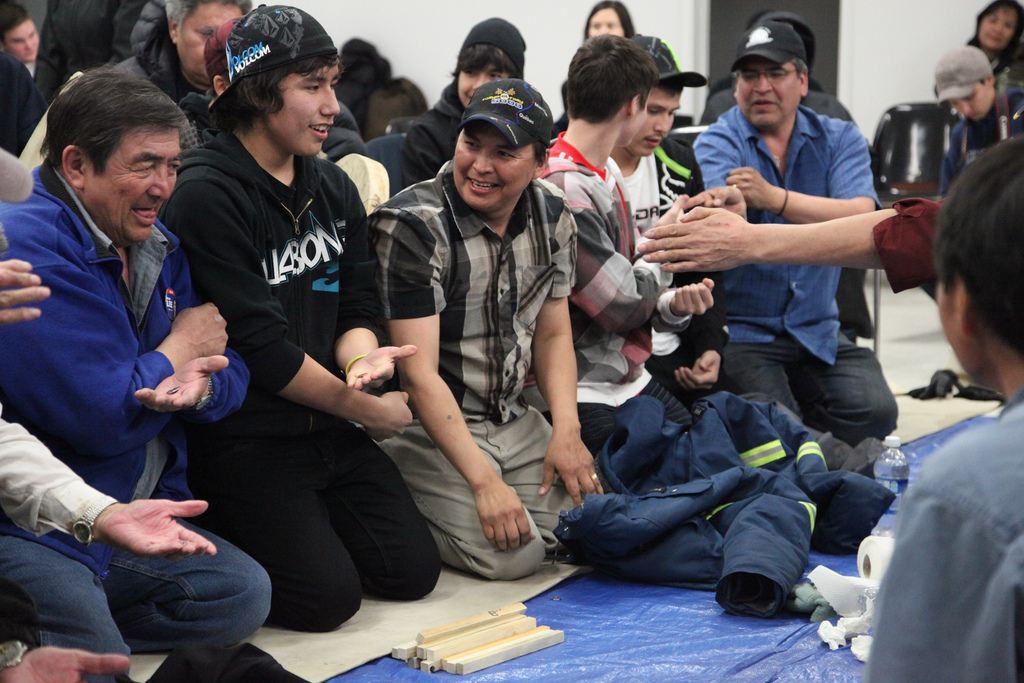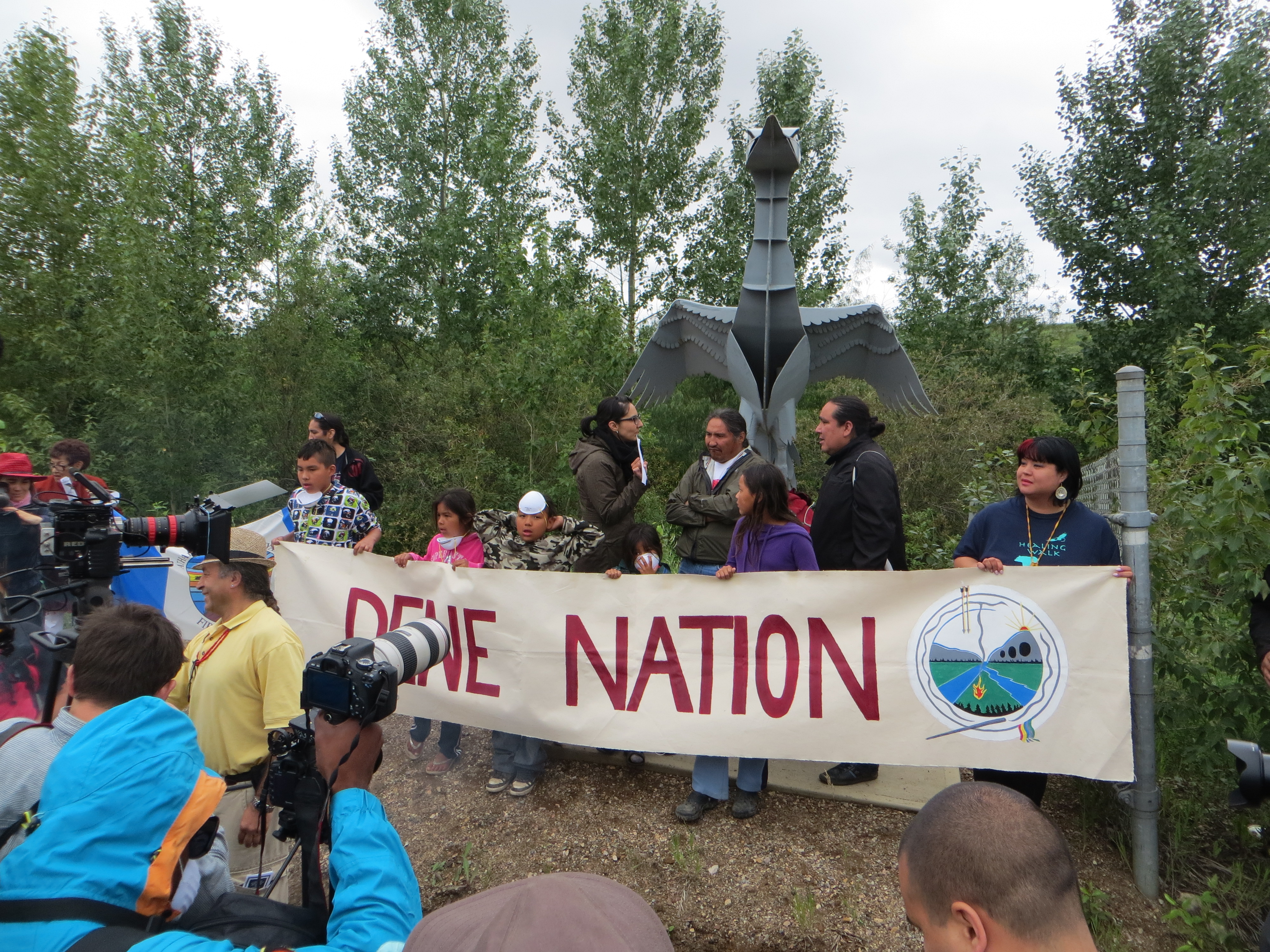Article
Cradleboard
Historically, the cradleboard (or cradle board), was used by various Indigenous peoples to protect and carry babies. Securely bound to a thin rectangular board, a baby could be carried on its mother's back or put in a safe location while she performed her daily routine. In some communities, Indigenous peoples still use cradleboards.








